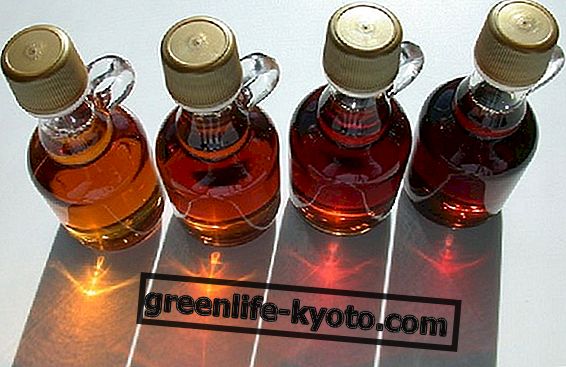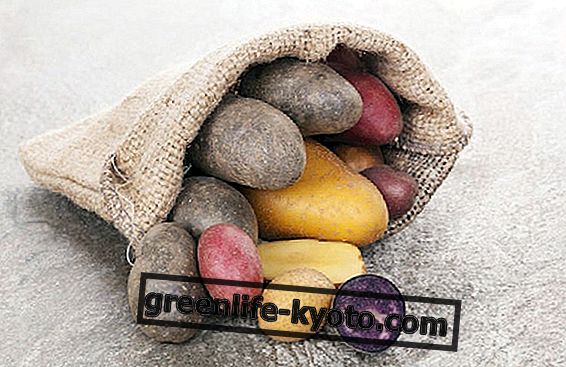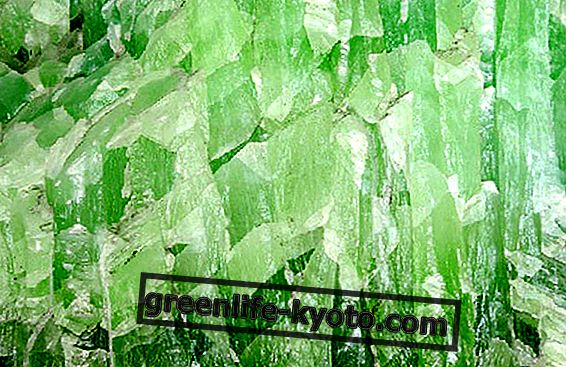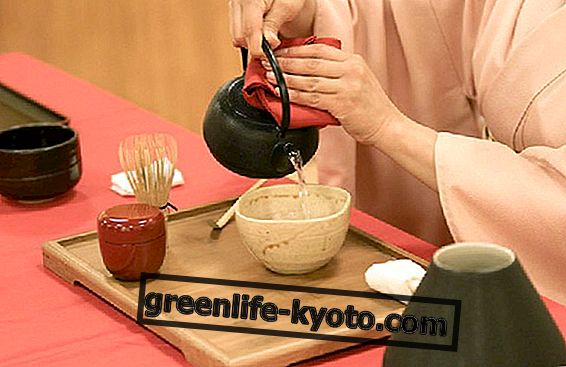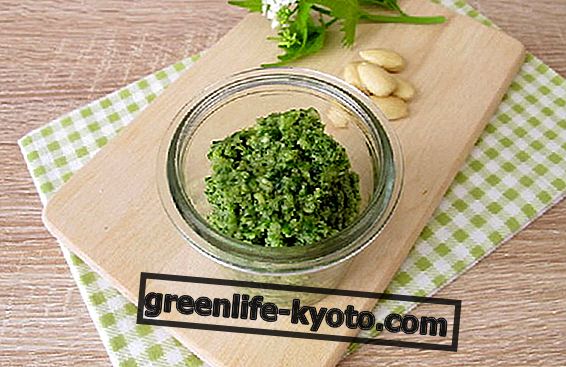
Natural remedies for pyorrhea, or paradentite, are officinal herbs and plants with anti-inflammatory and antibacterial action , which act on the causes and symptoms of this disease which can lead, in the most serious cases, to tooth loss.
What is the pyorrhea
The term pyorrhea (from pios, pus, and rea, scroll ), although it is obsolete in modern dentistry, is still widely used in the common lexicon. In the colloquial context the word indicates an inflammation of the periodontium (the gum tissue adhering to the tooth of the tooth), which manifests itself with bleeding and congestion of the gums .
Normally, the pyorrhea is caused by aging, because with advancing age, the gingiva withdraws and loses adherence to the alveolar bone, due to the natural gingival removal and the physiological elongation of the teeth. Other risk factors for the onset of this disorder are alterations in salivary enzymes, bacterial flora, digestive pH and intestinal mucosa; poor oral hygiene, wrong dental procedures, excessive consumption of alcohol, smoking and drugs.
In the most severe manifestation, pyorrhea causes irreversible loss of teeth support tissues. In this case the inflammation in addition to causing swelling, bleeding and lack of adherence of the periodontal ligament determines the presence of bacteria in the "periodontal pocket" (a sector that forms between the gum and teeth), which is thus colonized by bacterial plaque. this situation the tooth separates from the root, and from the supporting bone and its recovery (even if free from caries) is almost impossible, and we speak of " expulsive periodontal disease ".
Increasing scientific evidence links periodontitis or pyorrhea, as a risk factor for the development of other diseases. Some scientific studies have shown that people with periodontitis have a 14% increased risk of coronary heart disease (inability of the heart's arteries to supply the oxygen needed due to obstruction). The latest study, conducted by experts from the Institute of Clinical Molecular Biology, University of Kiel in Germany, has taken a further step in this direction, confirming that, in addition, there is a genetic relationship between periodontitis and cardiovascular disease.
Natural remedies for pyorrhea
Natural remedies for pyorrhea, which is manifested by inflammation, in which an infection is present, the gums bleed and the teeth are loose, but not irreparably damaged, are plants and essential oils, able to strengthen the gums and increase resistance to bacterial attacks, each of which has a specific function and different effects on our teeth.
- Mallow: The flowers and in particular the leaves of the mallow are rich in mucilage, which give the plant emollient and anti-inflammatory properties for all the soft tissues of the body. These active ingredients act by coating the mucous membranes with a viscous layer that protect them from irritants by exerting a soothing and decongestant effect .
- Tea tree oil: given its numerous antibacterial and anti-inflammatory properties, the essential oil of Melaleuca, is indicated in case of dental plaque, mouth ulcers, abscesses and obviously pyorrhea. In the form of a lotion, with a concentration of 15%, it is indicated for oral hygiene, against plaque formation ; when there are inflammations of the gums and mucous membranes using 15-20 drops in half a glass of water for rinses and gargles. It can be used on the toothbrush, pouring 2 drops into the toothpaste in daily cleaning of the teeth.
- Essential oil of myrrh: in addition to performing an astringent and antiseptic action, it becomes the ideal treatment for the treatment of delicate gums, because it tones and strengthens the gums, avoiding the onset of pyorrhea. Used to gargle or locally, it resolves the related disorders of the oral cavity, such as gingivitis, stomatitis and canker sores. Like tea tree oil, 2 drops can also be used on the toothpaste to increase its anti-plaque action. To make a lotion, put 5 drops of myrrh in a glass of warm water and do prolonged rinses, at least twice a day, against ulcerations and mouth infections.
- Sage: it is very useful in all cases of mouth infections . When the gums appear swollen, swollen and hot, a decoction of sage can also be used. Boil 50 gr of sage leaves in a liter of water. After half an hour, filter the liquid and rinse 2-3 times a day.
- The ratania: it has astringent and anti-inflammatory properties due to the presence of tannins that effectively disinfect and protect the gums and block bleeding. It also exerts an effective antibacterial action, particularly useful for topical use in gargling, rinsing, against all forms of inflammation of the oropharyngeal cavity. Mixed with calcium carbonate, it thoroughly cleans and prevents the formation of caries.
